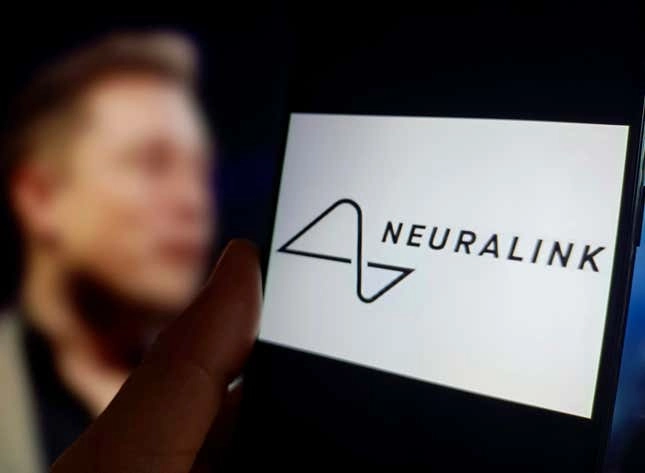
An illustration of Neuralink is being displayed in Suqian, Jiangsu Province, China, on January 30, 2024. Image: NurPhoto / Contributor (Getty Images)
In This Story
Elon Musk’s brain chip startup Neuralink said on Monday it has been cleared to launch a new trial to test its brain implant and an experimental robotic arm.
Suggested Reading
Trump's cabinet picks aren't ready to 'make nice' and that reality will set in soon, strategist says
Suggested Reading
The company made the announcement in post on X ( META +0.27% ), the social media platform owned by Musk. The study, named CONVOY, aims to test the capabilities of the company’s N1 implant, a brain-computer interface (BCI), to control an investigational assistive robotic arm.
“This is an important first step towards restoring not only digital freedom, but also physical freedom,” Neuralink said.
The trial will be able to cross-enroll patients already participating in the startup’s existing PRIME Study, which aims to help people with full-body paralysis control outside technology using their thoughts.
Neuralink and the U.S. Food and Drug Administration did not immediately respond to a request for comment from Quartz.
The startup implanted its first device on 29-year-old quadriplegic Noland Arbaugh in February. Arbaugh has been able to use Neuralink’s implant to play hands-free chess and video games like Mario Kart .
In August, Musk said Neuralink has implanted a brain chip into a second patient and plans to perform another eight trials later this year.
Neuralink received regulatory approval for its second test, along with a modified procedure, in May. The changes to the procedure came after the implant’s threads — components of the device that record neural activity — retracted from Arbaugh’s brain . Going forward, Neuralink plans to put the implant’s threads eight millimeters inside a patient’s motor cortex, compared with the three to five millimeters used for Neuralink’s first patient.
The company also recently got approval to test its brain in chip in Canada and the United Kingdom.
— William Gavin contributed to this report



